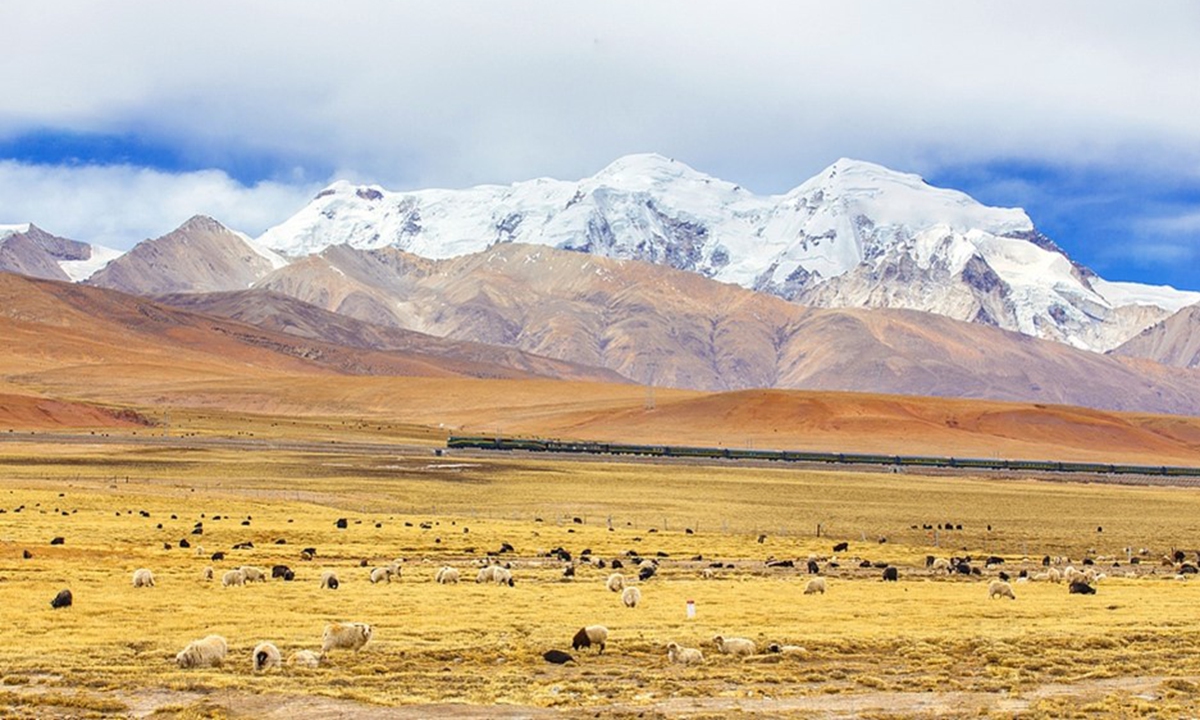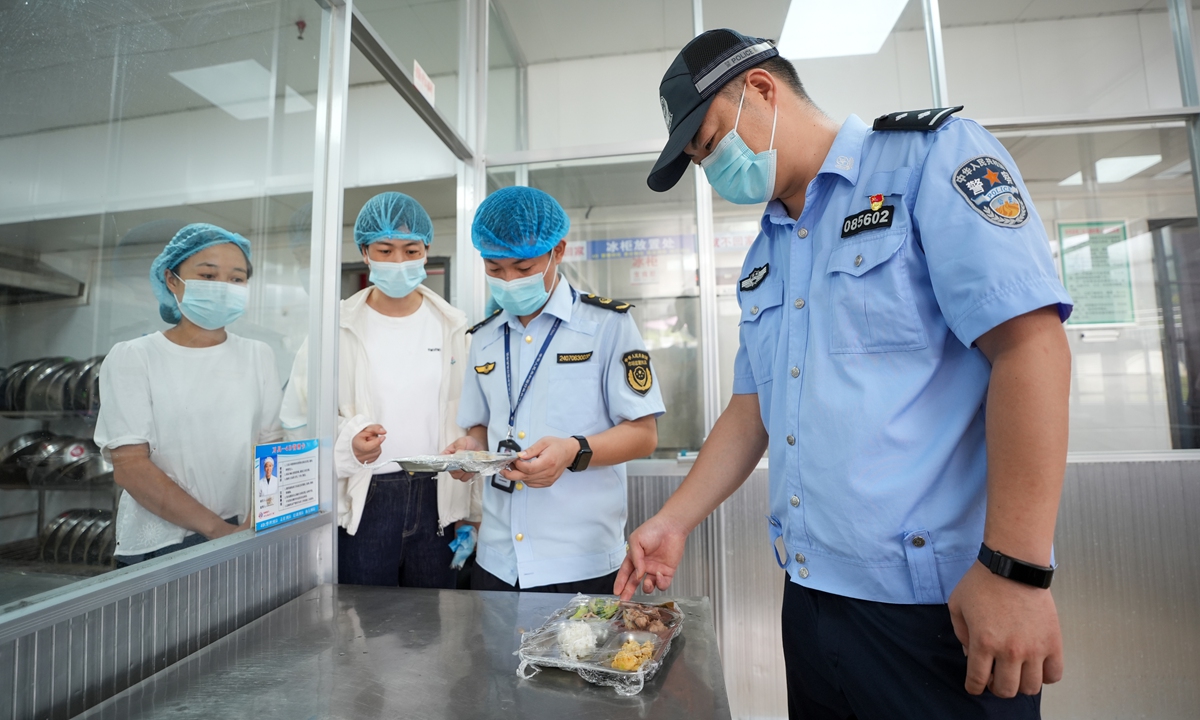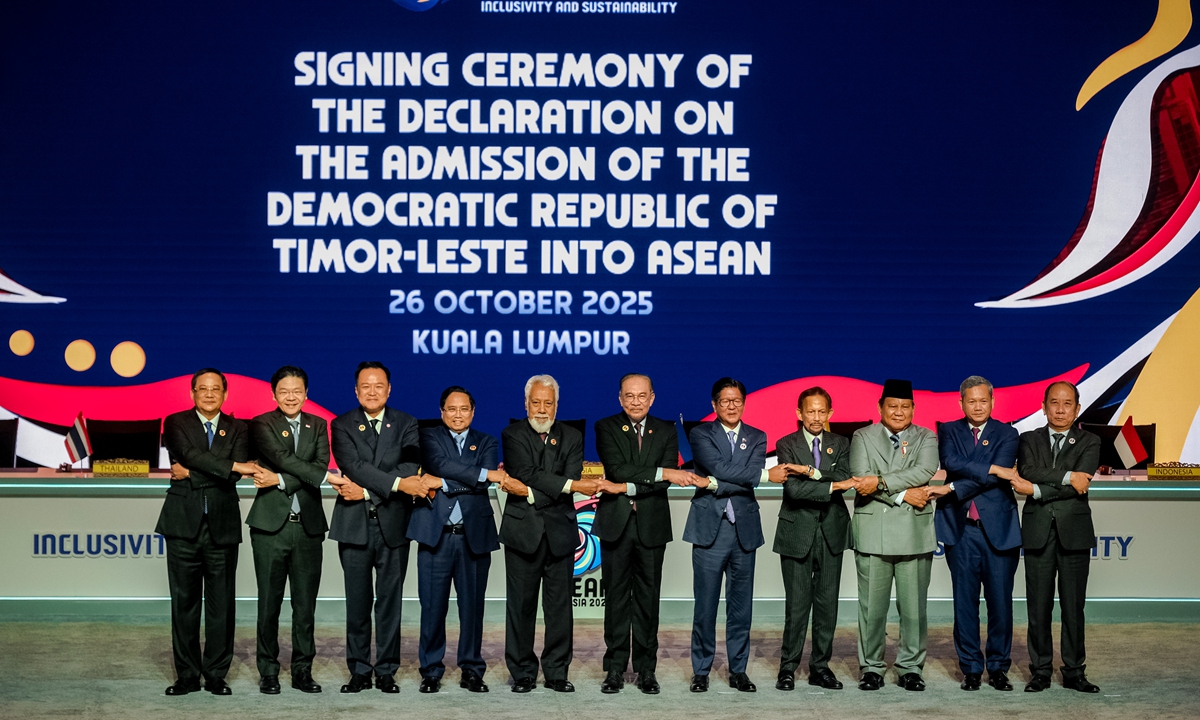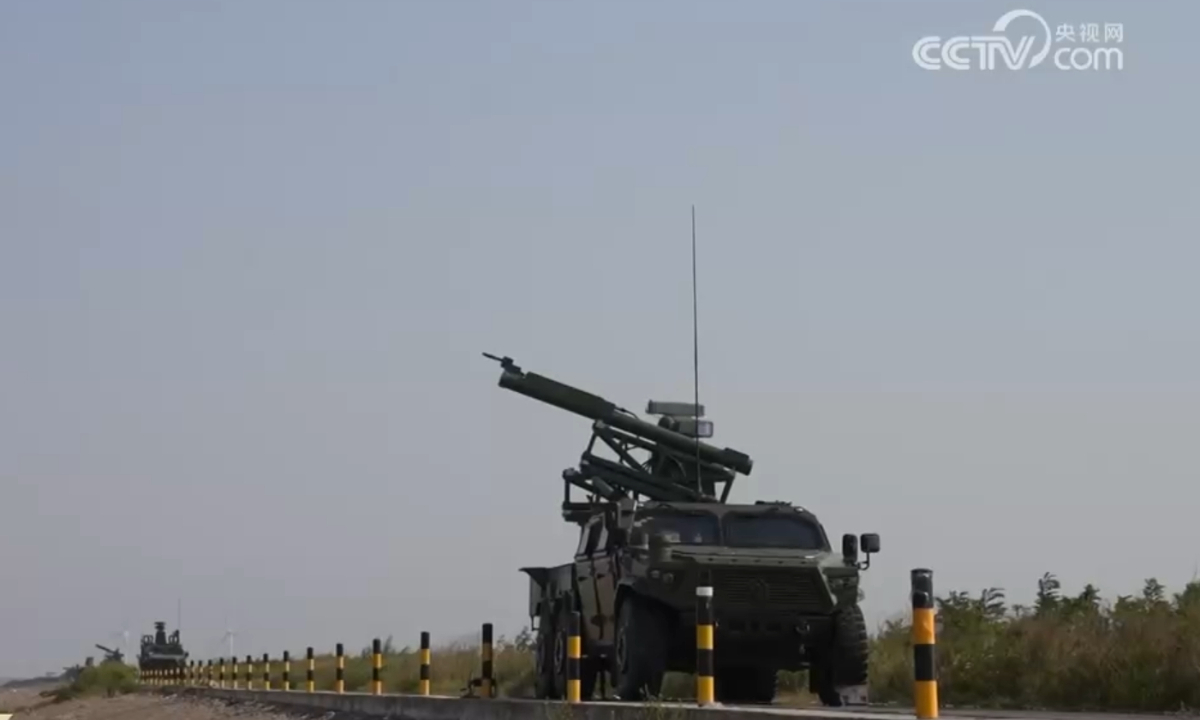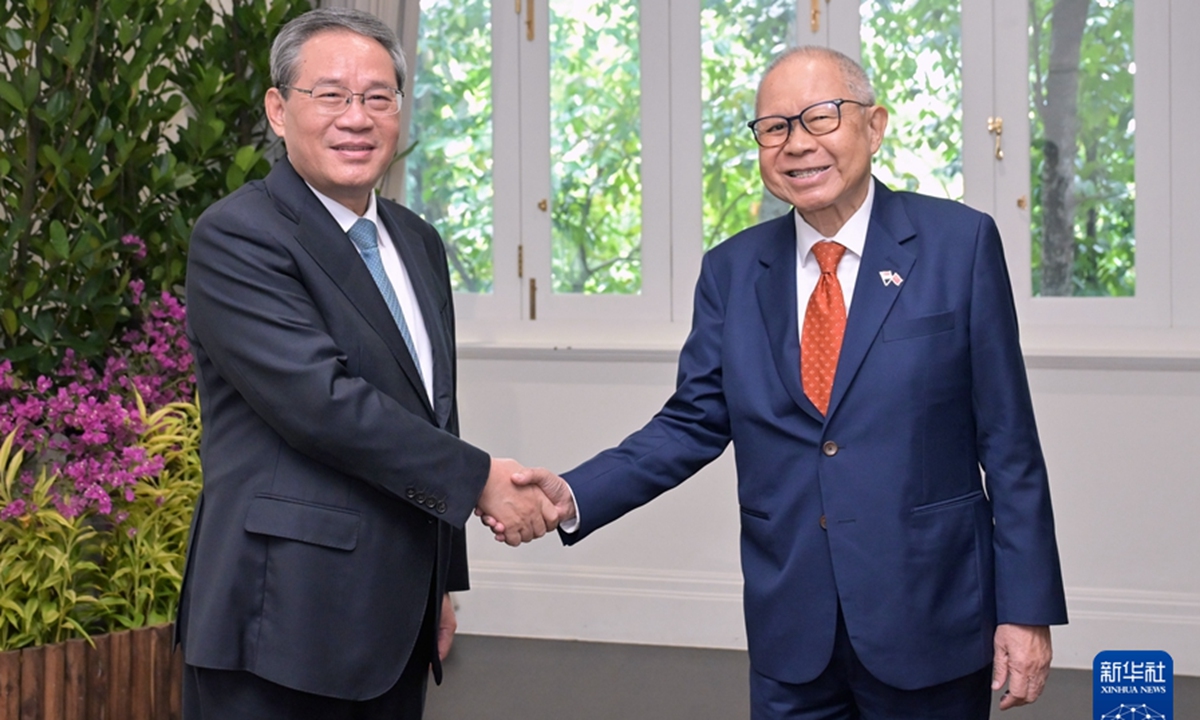The 47th Association of Southeast Asian Nations (ASEAN) Summit and related summits kicked off in Kuala Lumpur, Malaysia, on Sunday under the theme “Inclusivity and Sustainability.”
Nearly two dozen world leaders are descending on the Malaysian capital of Kuala Lumpur for a three-day event from Sunday to Tuesday, along with multiple other meetings on the sidelines, to tackle issues ranging from trade to global conflicts, media reported.
Chinese Premier Li Qiang arrived in Kuala Lumpur on Sunday to attend the leaders’ meetings on East Asian cooperation in Malaysia. At the invitation of Prime Minister Anwar Ibrahim of Malaysia, ASEAN’s rotating chair, Li is scheduled to attend the 28th China-ASEAN Summit, the 28th ASEAN Plus Three Summit, the 20th East Asia Summit and the fifth Regional Comprehensive Economic Partnership Leaders’ Meeting, according to Xinhua News Agency.
US President Donald Trump, Japan’s new Prime Minister Sanae Takaichi, Brazilian President Luiz Inacio Lula da Silva and South African President Cyril Ramaphosa are slated to attend the meetings, according to the Straits Times.
Timor-Leste has been welcomed into ASEAN as the bloc’s 11th member, following an official ceremony on Sunday.
Timor-Leste first applied for ASEAN membership in 2011, and becomes ASEAN’s 11th member state after 14-year journey, marking the bloc’s first expansion since 1999.
On the same day, Thai Prime Minister Anutin Charnvirakul and his Cambodian counterpart Hun Manet signed an expanded ceasefire deal in Kuala Lumpur, at a ceasefire ceremony in front of a sign that read “Delivering Peace,” building on a truce signed three months ago, Reuters reported.
According to Malaysian National News Agency, Malaysian Prime Minister Anwar Ibrahim, in his opening speech today, said that 2025 posed new tests for ASEAN as global uncertainties continue to mount, with shifting geopolitical dynamics and economic disruptions challenging the region’s resilience and collective resolve.
“Across regions, we see rising contestation and growing uncertainty. These crosswinds test not only our economies but also our collective resolve to keep faith in cooperation — to believe that understanding and dialogue can still prevail in a divided age,” he said, the report said.
He also said that despite these challenges, ASEAN’s strength lies in its diversity and enduring commitment to respect and reason, values that continue to bind the region together.
Anwar said Timor-Leste’s place here completes the ASEAN family — reaffirming our shared destiny and deep sense of regional kinship. Within this community, Timor-Leste’s development and its strategic autonomy will find firm and lasting support,” he said, Malay Mail reported.
ASEAN, established in 1967, now comprises 11 members: Brunei, Cambodia, Indonesia, Laos, Malaysia, Myanmar, the Philippines, Singapore, Thailand, Vietnam and Timor-Leste.
Under the complex international political and economic landscape, this year’s ASEAN Summit is also expected to focus on issues including security and trade, Ge Hongliang, vice dean of the ASEAN College at Guangxi Minzu University, told the Global Times.
At a meeting with Singapore’s Acting President Eddie Teo, Chinese Premier Li Qiang said on Sunday that China is ready to work with Singapore and other ASEAN members to make the China-ASEAN Free Trade Area 3.0 a success and jointly achieve greater development, Xinhua reported.
Malaysian Prime Minister Anwar Ibrahim on Sunday hailed the China-ASEAN Free Trade Area 3.0, set to be signed on Tuesday, as a pivotal milestone that will open a new chapter in ASEAN’s strategic partnership with China and strengthen the region’s collective economic resilience, according to The Edge Malaysia.
Recent data shows that in the first three quarters of this year, imports and exports between China and ASEAN totaled 5.57 trillion yuan ($782 billion), up by 9.6 percent year-on-year. ASEAN remained the largest trading partner of China.
During this year’s ASEAN Summit, China is expected to discuss with its ASEAN partners ways to deepen trade cooperation, including how to make the China-ASEAN Free Trade Area 3.0 more complementary to the Regional Comprehensive Economic Partnership (RCEP), and how to strengthen both frameworks while minimizing the impact of external trade tariffs and other outside disruptions, Chen Xiangmiao, director of the World Navy Research Center at the National Institute for South China Sea Studies, told the Global Times.
During a press conference on Friday, Chinese foreign ministry spokesperson Guo Jiakun said that China always regards ASEAN as a priority in its neighborhood diplomacy. “China looks to working with ASEAN and regional countries to discuss plans for cooperation and development, honor our original commitments, build up consensus, enhance mutual trust, uphold true multilateralism and safeguard free trade and the multilateral trading system.”
China’s commitment to openness and multilateralism has made it a steadier and more reliable partner for ASEAN members, Gu Xiaosong, dean of the ASEAN Research Institute of Hainan Tropical Ocean University, told the Global Times.
China and ASEAN enjoy a high degree of economic complementarity, while geographic proximity and a growing sense of strategic trust have strengthened the appeal of deeper cooperation between the two sides, Gu added.


